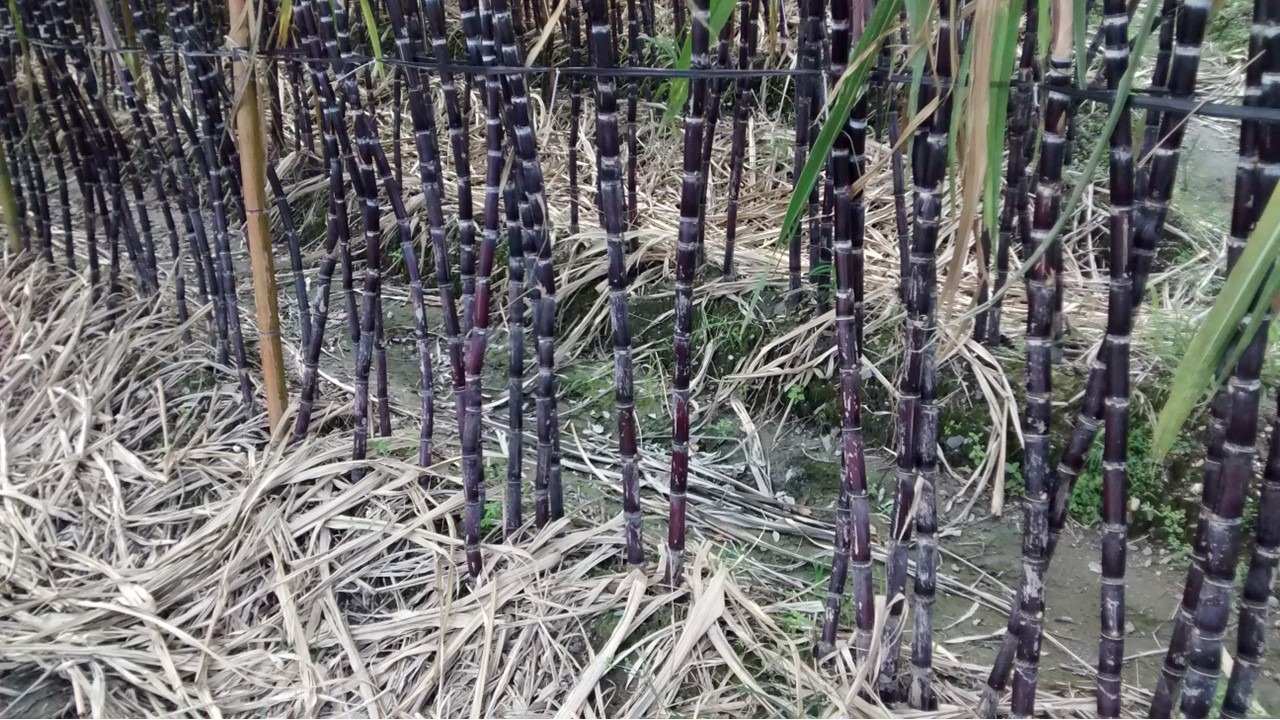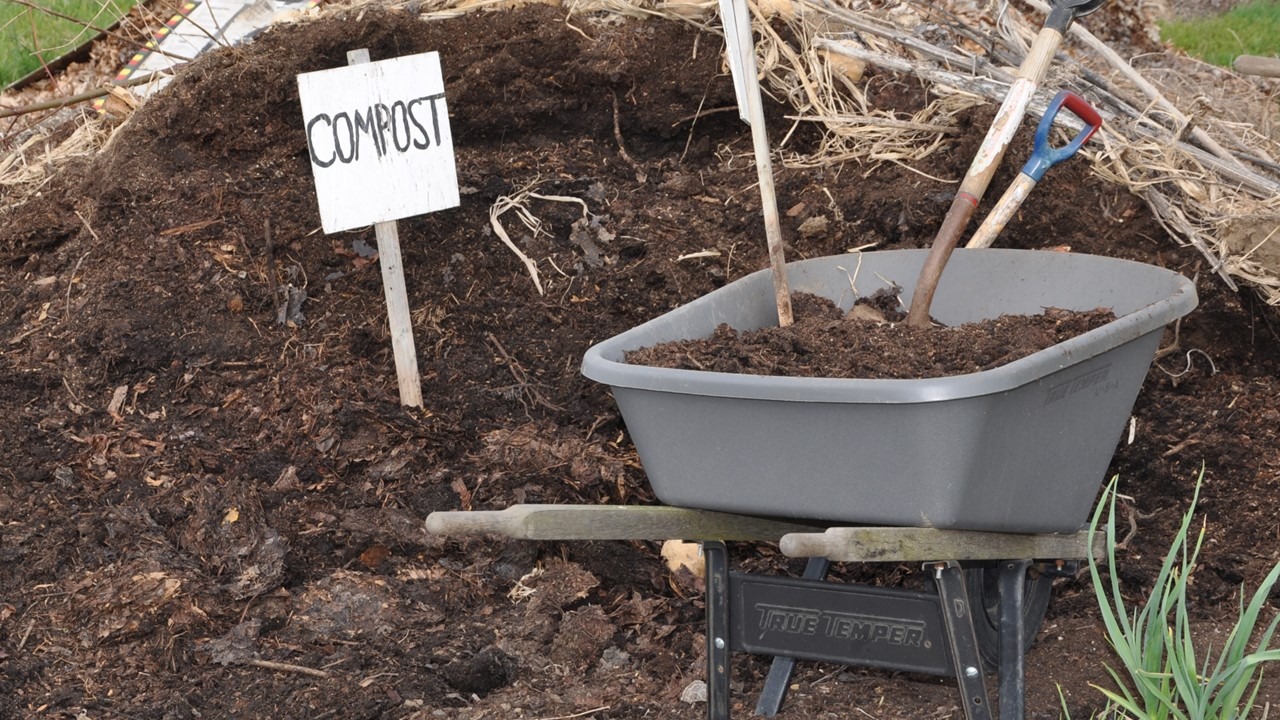This year, 45 social enterprises participated in the Star of Social Enterprise competition, focusing on topics such as agricultural products and sales, environmental protection and plastic reduction, education for students, local creativity, and employment assistance for the disadvantaged. There are two winners in the Potential Group and three winners in the Star of Social Enterprise. What are the reasons for their awards?
SEs with ambition and mission don’t have to suffer, understand the market and position their products clearly, in fact, public welfare and profit can be achieved at the same time. The third Global View Star of Social Enterprise competition 2020 was held in early April, and five exemplary SEs were selected, with the common feature of “striking a balance between social and entrepreneurial” aspects.
This year’s selection attracted a total of 45 SEs to participate in the competition, There were 26 SEs in the Star Group and 19 in the Potential Group. A total of 10 SEs were shortlisted in the preliminary round, and after interviews with the jury, two SEs were awarded in the Potential Group, namely, JuTian Cleantech Co., Ltd. and Bai-Chung-Ren Foodstuff Co., Ltd. In the Star of Social Enterprise, Zen Zhou Co., Ltd., Cha Tzu Tang and Pley School were selected.
Over the years, Global View has used the performance of the applicant companies in eight aspects, including value proposition, organizational governance, target market, financial model, and social impact, as the benchmark for assessing the eligibility of the CSR competition. This year, from a large number of written applications, 10 finalists were selected, including four in the Potential Group (established less than three years) and six in the Star of Social Enterprise Group (established more than three years).
This year’s teams are concerned with social issues such as the production and sale of agricultural products, environmental protection and plastic reduction, as well as the education of school children, local creativity and assistance to the disadvantaged in employment.
As in the previous two editions, agriculture was the most popular topic. There were 15 SEs participating in the competition, accounting for 1/3 of the total number of participants, whether they were young people returning to their hometowns to work in agriculture, or those who were deeply involved in food and agriculture education and the development of agricultural product sales platforms. This shows that supporting small farmers, friendly production, and safe food and use are important to people’s livelihood, and are also the starting point of the vision of many SEs.
Secondly, nine SEs are concerned about environmental issues, including carbon emission management, solar panel construction, beach cleaning, eco-tourism, R&D and sales of plastic reduction products, with a diversified care orientation.
Potential Group〉Have the ability to play in the International Cup
JuTian gives a new look to ingredients
One of the award winners, JuTian, was founded to help treat agricultural waste by drying bagasse and processing it into naturally decomposable sugarcane straws, cups, trays, and even tables and chairs, giving new value to agricultural waste.
In the second year of its foundation, the revenue of JuTian reached $27 million, and the company is making profits. This year, JuTian will set up branch offices in Canada and France, and will cooperate with French wineries to process local wine residues and try to make a mask.
In view of the global trend of banning disposable plastic straws, and looking at the many plastic-reducing products on the market, Chien-Chung Huang, the founder of JuTian, pointed out that paper straws require cutting down trees, using a lot of water in the manufacturing process, and even coating to resist high and low temperatures, while sugar cane straws are naturally dried by sunlight, which is very energy-efficient.
In 2018, Chien-Chung Huang collaborated with ITRI to try to “raw materialize” agricultural waste, which can produce raw materials in large quantities in a short period of time. The sugarcane straws are manufactured by OEMs at a high price, so that profits can be returned to farmers and OEMs.
According to the judges, JuTain is a model of circular economy, and with the support of technology, it can seize the European and American markets, and is one of the few social enterprises that can play in the international cup.













